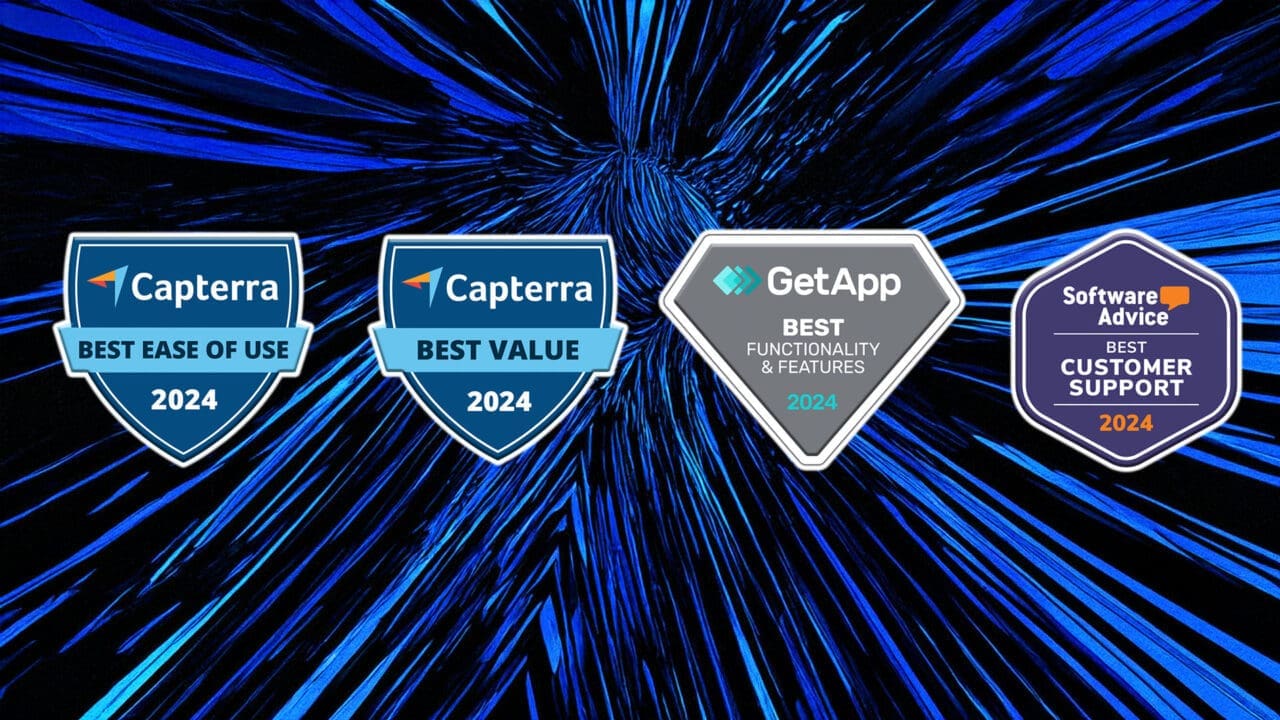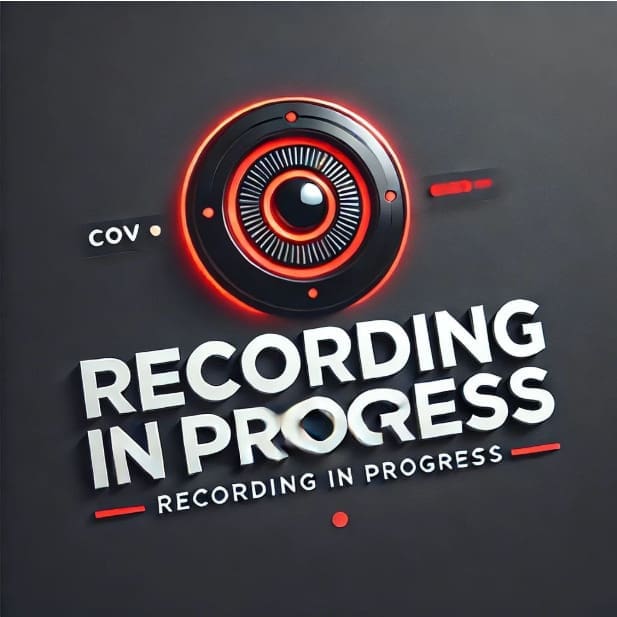Sales as a Science
Traditionally we’ve treated sales as an art rather than a science.
Yes, successful sales professionals often have innate talent and charisma. And though charisma and talent are helpful, sales skills can be taught, and salespeople bring far more value to their customers when they can effectively present solutions, not just charming conversation.
In my years in sales and managing sales I’ve noticed two types of salespeople: those who are content to rely on personality and talent and those who, mindful that sales activities demand continuous study, train and practice to do their job better. While it is certainly helpful to be a natural-born salesperson, the sales environment is moving too fast to rest on those skills alone.
Almost every great salesperson I know is a grinder. Someone who is relentless about figuring it out and methodical about improving themselves and their process. Because they know selling well is a moving target, and they realize that no matter the level of their natural talent, they must work hard to continuously improve and grow.
Great salespeople also look for external advantages. They’re always on the prowl for any new technology that will give them an advantage that leads to improved sales performance, or innovations that can help them automate and streamline the mechanical work of sales so they can focus on the critical human and conversational elements that drive deals forward.
Overall, the key to winning is combining skills, personality traits, and process advantages to achieve measured sales performance that improves over time. To achieve that, we can and should apply scientific principles to sales just as an athlete develops and refines training routines to improve their performance.
In the coming years, we’re going to see a rapid escalation of various scientific approaches to improving sales in exactly this way. Artificial intelligence and machine learning, for example, are already changing how organizations sell and how they gather data about sales to be more analytical and prescriptive about their process and approach. It won’t be long before these technologies touch every aspect of sales and help companies develop and refine the sales strategies they use to grow their businesses.
In sales, it can be all too easy to focus on what has worked for you in the past. But staying competitive depends on staying on the cutting edge and keeping your mind open to new ideas, new technologies, and new concepts that can offer a fresh approach to the world’s oldest job.
Sales will always have an element of art, but the future of sales will be increasingly shaped – and accelerated – by scalable, sustainable methods that are designed using data, intelligence, and proven process. And the more we’re willing to infuse science into the art of our profession, the more we’ll find new and repeatable ways to win.
What are your thoughts about the changing nature of sales? And how are you blending art with science to stay competitive in the future? I’d love to hear from you in the comments.
Keep Learning

Empowering Field Reps with Recording Technology: Driving Efficiency in the Mobile Office

Kicking off 2025: TRAQ Wraps Up 2024 With Prestigious Recognitions from Gartner Digital Markets in 2024

